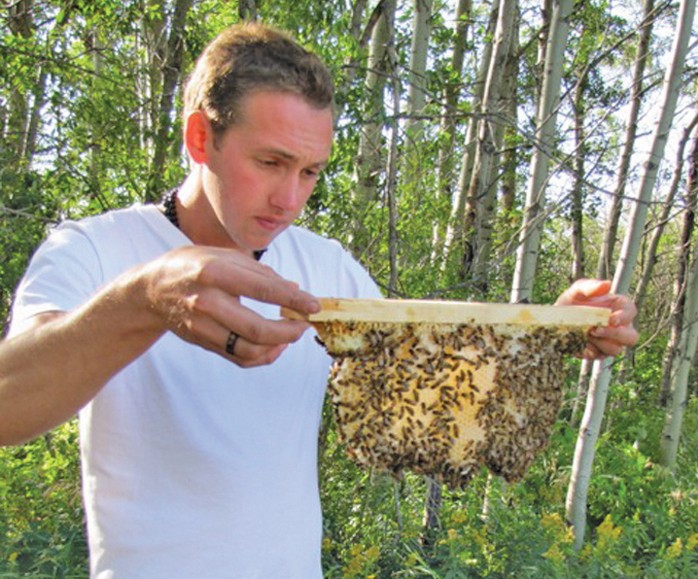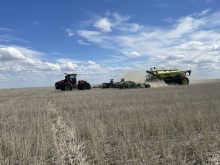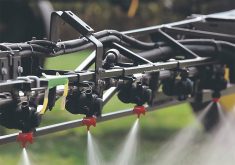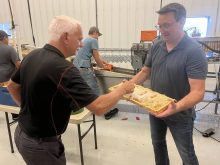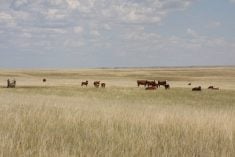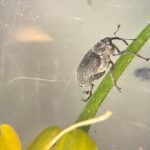Grass Roots Family Farm is the 2014 recipient of the Canadian Farmer-Rancher Pollinator Award, which recognizes the contributions farmers make towards protecting pollinators and pollinator habitats.
The 250-acre farm near Ferintosh, south of Camrose, is operated by Michael, Laura and Takota Coen.
The Coens have been practising sustainable farming since the late 1980s, with son Takota recently investing in agroforestry and diversifying several acres where livestock graze between rows of planted fruit, nut, and timber trees. This approach benefits pollinators, which gain increased habitat and food supply.
Read Also
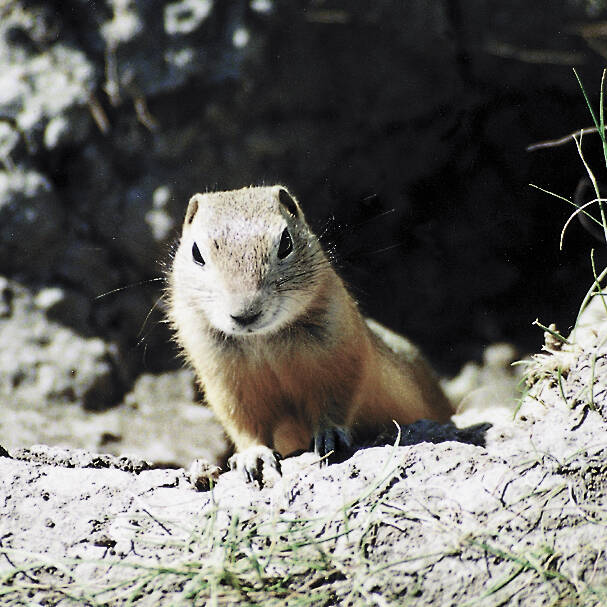
‘Devastating’: PMRA blocks Alberta’s joint emergency strychnine bid
Agency rules proposed mitigation measures insufficient to lower environmental risk, despite growing Richardson’s ground squirrel population.
To support their “forest farm,” the Coens have created a unique community-supported agriculture (CSA) program, where people can purchase a share and over several years receive the value back in the form of nuts, fruit, honey, herbs, meat and more. More info on the family’s Forest Garden CSA can be found at grassrootsfamilyfarm.ca.
“As pollinators directly contribute to the production of one-third of the human diet, their importance to our ecosystems cannot be overlooked,” said Ron Bonnett, president of the Canadian Federation of Agriculture. “I applaud Michael, Laura and Takota Coen for their innovation and significant investment towards improving pollinator habitat.”
The CFA works with the Pollinator Partnership project to help encourage conservation stewardship on farms while increasing awareness about the importance of pollinators.
Canada is home to more than 1,000 species of pollinators, including bees, butterflies, moths, bats and beetles, which are essential to more than $1 billion worth of fruit and vegetable production annually.

